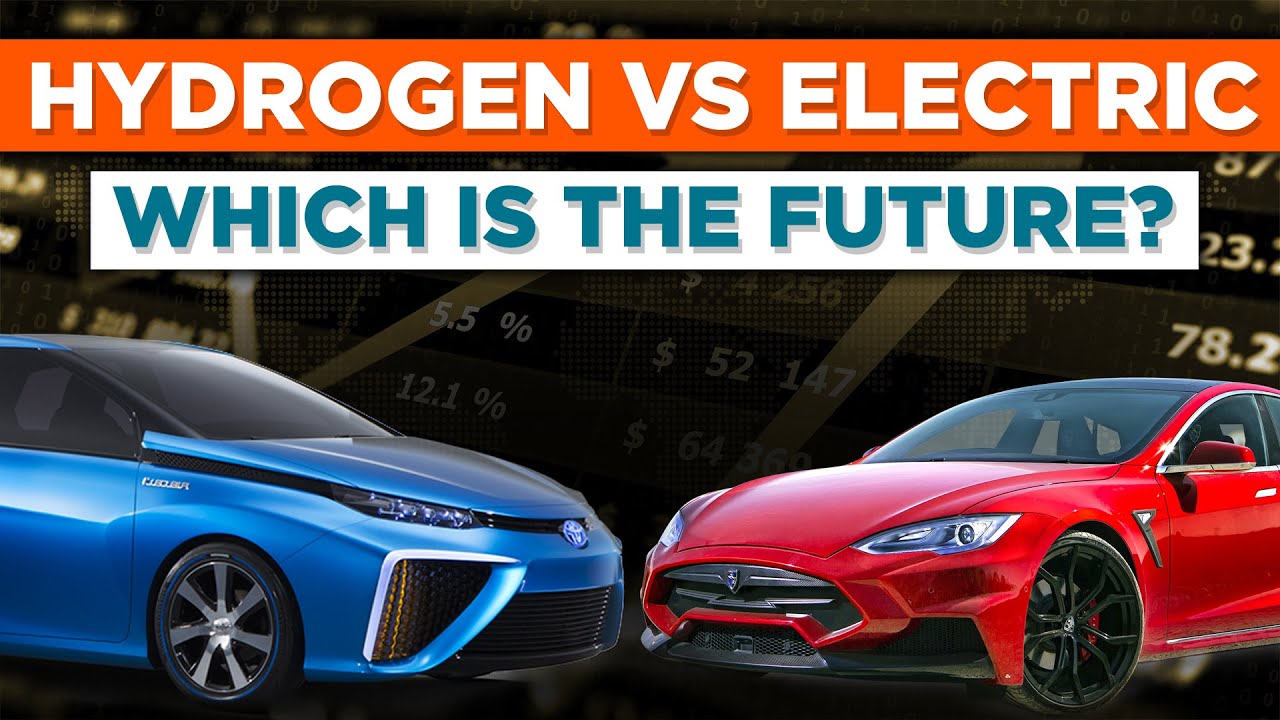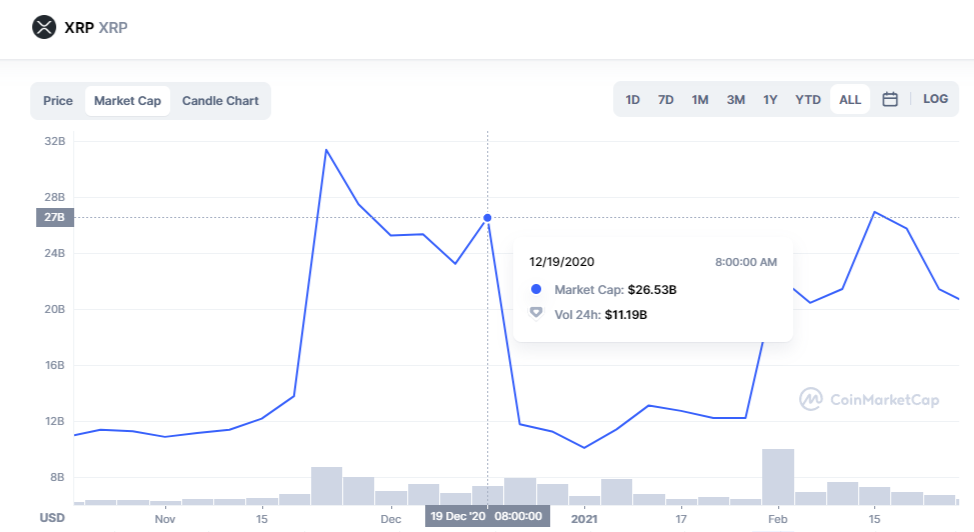European Public Transport: Hydrogen Vs. Battery Bus Technology

Table of Contents
- Battery Electric Buses: The Current Front-Runner
- Advantages of Battery Electric Buses:
- Disadvantages of Battery Electric Buses:
- Hydrogen Fuel Cell Buses: A Promising Alternative
- Advantages of Hydrogen Fuel Cell Buses:
- Disadvantages of Hydrogen Fuel Cell Buses:
- Comparing Lifecycle Emissions and Sustainability
- The Future of European Public Transport: A Hybrid Approach?
- Conclusion
Battery Electric Buses: The Current Front-Runner
Battery electric buses currently dominate the European market for sustainable public transport. This is largely due to several key advantages.
Advantages of Battery Electric Buses:
- Lower Initial Cost: Battery electric buses generally have a lower upfront purchase price compared to hydrogen fuel cell buses, making them more accessible to municipalities with tighter budgets. This is a significant factor in the widespread adoption of this technology.
- Established Charging Infrastructure: Many European cities already possess a growing network of charging stations, simplifying the integration of battery electric buses into existing public transport systems. This reduces the initial investment needed for infrastructure development.
- Mature Technology with Proven Reliability: Battery electric bus technology is mature and well-tested, offering proven reliability and performance. This reduces operational risks and maintenance costs compared to newer hydrogen technologies.
- Lower Operating Costs (in many scenarios): In many operational scenarios, the cost per kilometer for battery electric buses is lower than for hydrogen buses, particularly when electricity prices are favorable. This contributes to their overall economic viability.
- Reduced Tailpipe Emissions: Battery electric buses offer zero tailpipe emissions at the point of use, contributing significantly to improved air quality in urban areas. This is a crucial factor for public health and environmental protection.
- Growing Availability of High-Capacity Batteries: Advances in battery technology are continuously increasing the range and performance of electric buses, addressing one of the key limitations of earlier models.
- Government Incentives and Subsidies: Many European governments offer substantial incentives and subsidies for the purchase and deployment of battery electric vehicles, making them even more financially attractive.
Disadvantages of Battery Electric Buses:
- Limited Range: Compared to hydrogen buses, battery electric buses have a shorter range, limiting their suitability for longer routes and less frequent charging opportunities.
- Longer Refueling Times (Charging): Charging times for battery electric buses are significantly longer than refueling times for hydrogen buses, potentially impacting operational efficiency and scheduling.
- Environmental Concerns Related to Battery Production and Disposal: The production and disposal of batteries raise environmental concerns related to resource extraction, manufacturing processes, and potential hazardous waste. Sustainable battery recycling is crucial to mitigate this impact.
- Electricity Grid Strain: Widespread adoption of electric buses can place additional strain on the electricity grid, particularly during peak demand periods. This requires careful planning and investment in grid infrastructure.
- Dependence on Renewable Energy Sources: To achieve truly sustainable operation, battery electric buses rely heavily on the use of renewable energy sources for charging. Increased reliance on fossil fuel-generated electricity negates the environmental benefits.
- Higher Upfront Investment for Large-Scale Fleet Transition: While individual bus costs are lower, a complete transition of a large fleet represents a significant upfront capital expenditure for municipalities.
Hydrogen Fuel Cell Buses: A Promising Alternative
Hydrogen fuel cell buses offer an alternative approach to sustainable public transport, with distinct advantages and disadvantages.
Advantages of Hydrogen Fuel Cell Buses:
- Longer Range: Hydrogen fuel cell buses boast significantly longer ranges compared to battery electric buses, making them ideal for longer routes and areas with limited charging infrastructure.
- Faster Refueling Times: Refueling a hydrogen bus is considerably faster than charging a battery electric bus, improving operational efficiency and reducing downtime.
- Potential for Reduced Reliance on the Electricity Grid: Hydrogen production can utilize renewable energy sources, potentially reducing the dependence on the electricity grid for bus operation.
- Reduced Weight: Hydrogen fuel cell buses can be lighter than battery electric buses, potentially improving overall efficiency and reducing energy consumption.
- Hydrogen Production Can Utilize Renewable Energy Sources: The production of green hydrogen, using renewable energy sources like solar and wind power, offers a truly sustainable fuel source.
- Better Suited for Long Routes and Demanding Operational Scenarios: Their extended range makes them ideal for longer routes, intercity services, and demanding operational scenarios where frequent charging is impractical.
Disadvantages of Hydrogen Fuel Cell Buses:
- Higher Initial Cost: The initial purchase price of hydrogen fuel cell buses is considerably higher than that of battery electric buses.
- Lack of Widespread Hydrogen Refueling Infrastructure: The absence of a widespread hydrogen refueling infrastructure in Europe currently poses a major obstacle to their wider adoption.
- Challenges in Efficient and Sustainable Hydrogen Production: Producing green hydrogen efficiently and sustainably remains a technological and economic challenge. The use of fossil fuels in hydrogen production negates the environmental benefits.
- Concerns about Hydrogen Storage and Transportation Safety: Safe and efficient storage and transportation of hydrogen require specialized infrastructure and careful handling protocols.
- Lower Efficiency (when using fossil fuels): The overall efficiency of hydrogen fuel cell buses is lower than that of battery electric buses when using fossil fuels for hydrogen generation.
- Currently Higher Operational Costs (in most scenarios): The operational costs per kilometer are currently higher for hydrogen buses compared to battery electric buses in most scenarios.
Comparing Lifecycle Emissions and Sustainability
A comprehensive well-to-wheel analysis comparing lifecycle greenhouse gas emissions is crucial. This involves evaluating the entire process, from energy source to vehicle operation, considering various energy sources for electricity and hydrogen production. The environmental impact of battery and hydrogen production, including resource extraction, manufacturing, and disposal, must also be carefully assessed. Factors such as resource availability, recyclability, and the impact on local air quality must be incorporated into a thorough sustainability analysis. The entire supply chain for each technology needs to be considered, from raw material sourcing to end-of-life management.
The Future of European Public Transport: A Hybrid Approach?
A mixed fleet approach, utilizing battery electric buses for urban areas with frequent charging opportunities and hydrogen buses for longer routes, may offer the most practical solution. Technological advancements are crucial, improving both battery technology (increasing range and reducing charging time) and hydrogen production (increasing efficiency and reducing costs). Government incentives, strategic infrastructure planning, and private sector investment will all play pivotal roles in shaping the future of European public transport. Careful consideration of the specific needs of each city and region is essential to develop optimal strategies.
Conclusion
The choice between hydrogen and battery electric bus technology for European public transport presents a complex challenge. While battery electric buses currently lead due to lower costs and readily available infrastructure, hydrogen fuel cell technology provides compelling advantages for longer routes. The future likely involves a hybrid approach, capitalizing on the strengths of both while mitigating limitations through continued research, development, and strategic investment. To achieve truly sustainable European public transport, innovative solutions and careful consideration of European public transport bus technology are paramount. The right choice depends on specific city needs and overall environmental goals. Let's work together to build a sustainable future for European public transport!

 Timberwolves Vs Lakers Anthony Edwards Injury Report And Game Status
Timberwolves Vs Lakers Anthony Edwards Injury Report And Game Status
 Is Xrp A Commodity Sec Decision And The Future Of Xrp
Is Xrp A Commodity Sec Decision And The Future Of Xrp
 Lewis Capaldi Spotted Thumbs Up Signals Positive Update
Lewis Capaldi Spotted Thumbs Up Signals Positive Update
 Top 5 Nie Articles A Q1 2025 Review
Top 5 Nie Articles A Q1 2025 Review
 Will There Be A John Wick 5 Keanu Reeves Latest Comments
Will There Be A John Wick 5 Keanu Reeves Latest Comments
